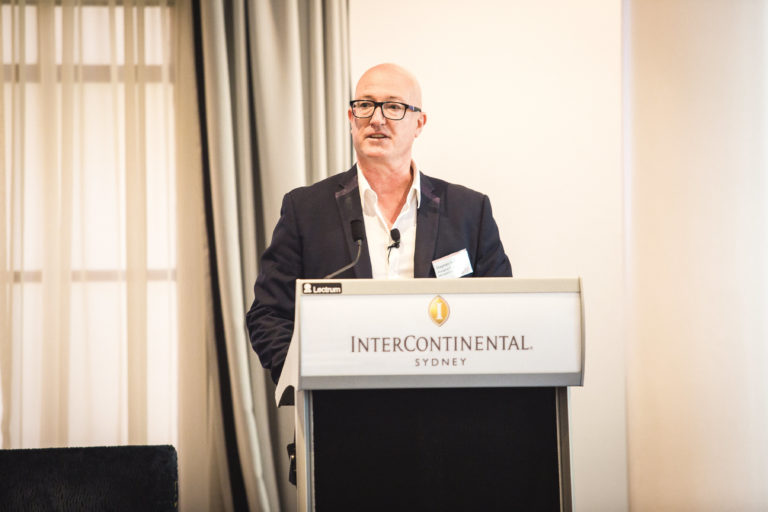The most valued leadership behaviour I have in my kit bag is ‘Whenever possible I listen before I talk.’ It’s not always possible to listen before you talk, especially in emergency situations, but in general day to day workplace conduct it’s a very powerful behaviour. Now I must confess that, by nature, I lean toward autocratic behaviour. I always make it clear in my training program Custodians of Culture that listening has never been my ‘most natural’ attribute. My old unconscious habit was to try to retain control of conversations, not allowing time for others to respond. Not listening to my…

The most valued leadership behaviour I have in my kit bag is ‘Whenever possible I listen before I talk.’ It’s not always possible to listen before you talk, especially in emergency situations, but in general day to day workplace conduct it’s a very powerful behaviour.
Now I must confess that, by nature, I lean toward autocratic behaviour. I always make it clear in my training program Custodians of Culture that listening has never been my ‘most natural’ attribute. My old unconscious habit was to try to retain control of conversations, not allowing time for others to respond. Not listening to my people was an unacceptable behaviour and the notion of being an autocrat, in the modern organisational sense, was a negative one. Many years ago, I realised I needed to change.
I have been on a journey to remain relevant as a leader. Being a leader is my profession so why would I want to become irrelevant? These days I have a total commitment to working on the skill of whenever possible, listening to others before I talk. Not only do my team realise that I value their opinions, but I also start to learn from them.
Here are just a few benefits from practicing the behaviour:
– My people feel I respect their point of view and their professional know how.
– My people learn that I care about them, not just myself.
– I learn more about what happens in my business.
– My people find me more approachable.
– My people feel they can tell me what they are experiencing at work and in life.
– My people feel more trusted and trust me more.
– My people feel more empowered.
The truth is that ‘one-way communicators’ often don’t know they are such. It’s hard for them to see that they are using ‘passive listening’ and ‘talking over others’ as a means to retain control. For me, becoming a better listener has always been a work in progress. It is not easy to move away from your natural posture. There is no doubt, however, that changing my leadership style has been critical to retaining relevance as a leader.
Recent articles

Overcoming the Middle Manager Sandwich: CEO Strategies for Success


